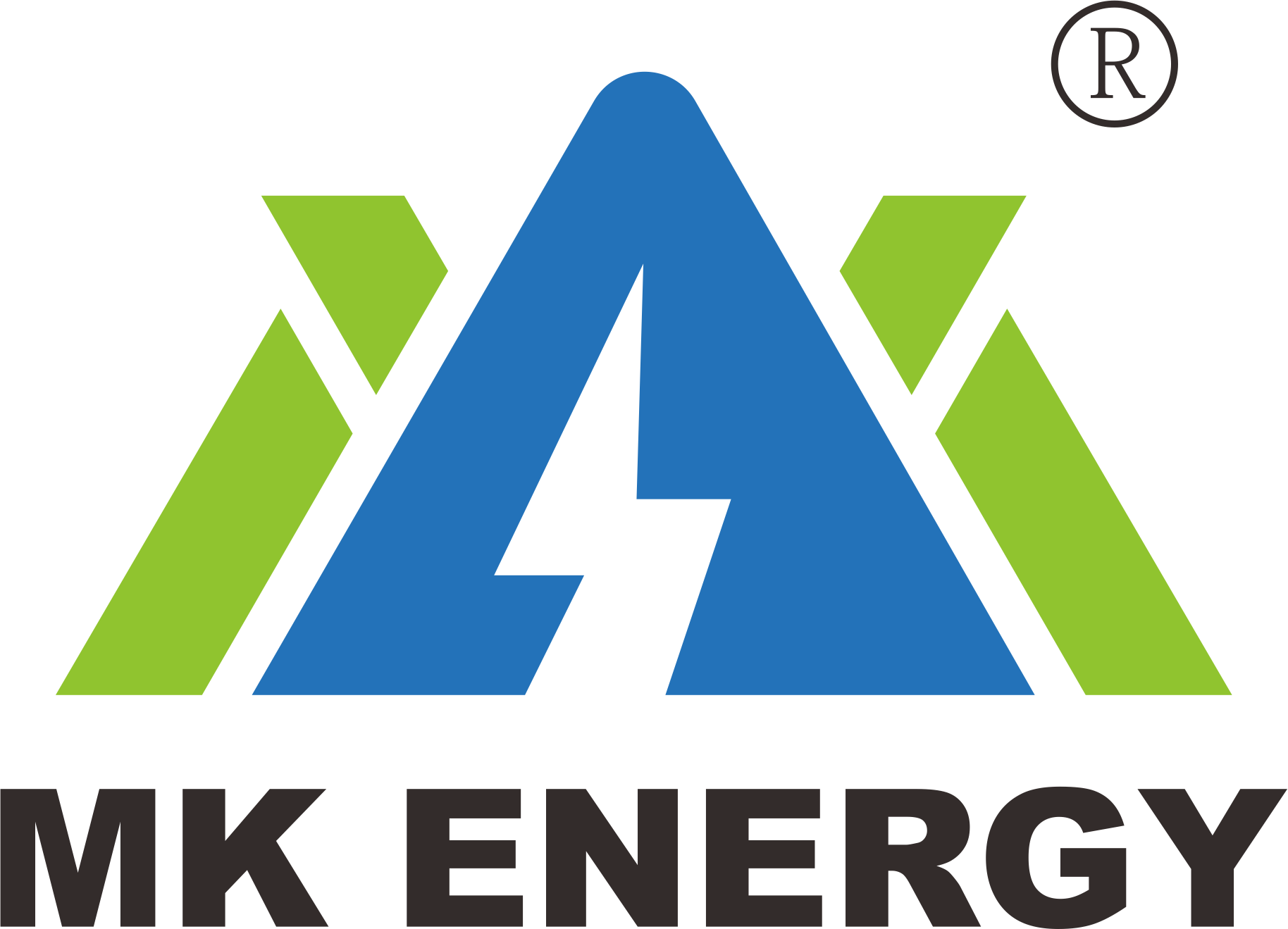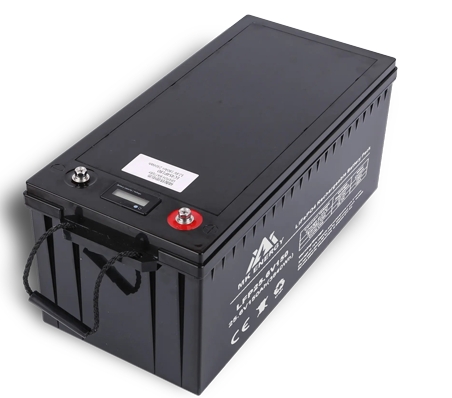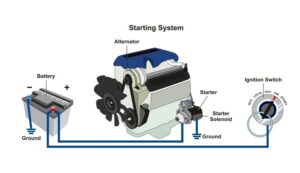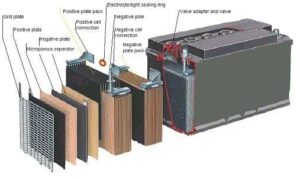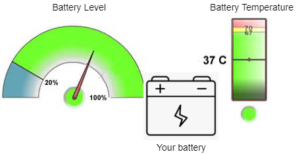Five main uses of Lead Acid Battery
Lead acid battery have long been one of the workhorses of energy storage, providing reliable and cost-effective solutions for a variety of applications. Today, we are sharing and researching five main uses of MK Energy’s lead-acid battery to let everyone know about their versatility and lasting relevance in the rapidly evolving energy landscape. From vehicle applications to USP, the enduring appeal of lead-acid batteries lies in their powerful performance and wide availability.
Lead acid battery is used in car starters
Lead-acid batteries significantly benefit the automotive industry, and manufacturers design starting batteries to initiate engines under transient high-power loads lasting one second. Adding extra plates for maximum surface area gives starting batteries very little internal resistance. The boards are thin, and the lead is applied in a spongy form that looks like fine foam, further expanding the surface area. The discharge time is short; charging while driving emphasizes power rather than capacity. Whether a traditional gasoline-powered car, a diesel truck, or a hybrid, lead-acid batteries are a steadfast companion, providing the initial energy needed to start the engine. Additionally, when the engine is switched off, these batteries can be a stable power source for accessories, emphasizing their integral role in the automotive ecosystem.
The lead acid battery is used as a deep-cycle
Deep cycle batteries provide continuous power for wheelchairs, golf carts, forklifts, and more. Designing for maximum capacity and relatively high cycle times involves making the lead plate thicker. As a simple guideline, the heavier the battery, the more lead it contains and the longer it will last. Starting batteries are not interchangeable with deep cycle batteries, as the thin spongy plates will quickly dissolve with repeated deep cycling. There are starter/deep cycle combination batteries for trucks, buses, public safety, and military vehicles, but these units are large and heavy.
Renewable energy storage
Lead acid battery have a niche in renewable energy storage, serving as reliable reservoirs for intermittent power generated by solar panels and wind turbines. Their ability to efficiently store energy makes them suitable for off-grid applications with a critical power supply. Lead-acid batteries act as buffers, storing excess energy during peak production periods and releasing it when demand exceeds renewable energy generation. The simplicity and reliability of lead-acid batteries still make them a compelling option for harnessing renewable energy in remote areas and decentralized energy systems.
Stationary (UPS)
Decades of utilization in UPS applications have proven lead acid batteries as a reliable UPS battery system. They provide the most economical option in high-power applications where weight is not the most critical issue. Their cycle life is typically 300 to 600 discharges, depending on the depth of discharge. At the same time, it has the advantages of low cost and high reliability, making it widely used in UPS systems. Its high-temperature resistance is also ideal for a UPS since it typically operates in high-temperature environments. Lead-acid batteries are capable of high power discharge and are excellent in high-current applications.
When the main power fails, lead-acid batteries seamlessly take over, providing reliable, instant power, preventing data loss, and ensuring uninterrupted operation. Cost-effectiveness and the ability to deliver high currents make lead-acid batteries the first choice for businesses and industries where operational continuity is critical.
Backup power solutions
Lead-acid batteries can also exert their characteristics in backup power to ensure uninterrupted operation during power outages. Their ability to provide continuous power makes them ideal for applications ranging from emergency lighting systems to critical backup power for data centers and telecommunications infrastructure. With their proven technology and cost-effectiveness, lead-acid batteries provide a reliable solution for businesses and institutions looking to protect against power outages.
Inspire possibilities
Of course, lead acid battery have many more uses than just these five. Let’s look at a few common uses to illustrate their enduring relevance and versatility in various applications. Lead acid batteries remain a reliable source of power that powers the modern world. Our MK Energy will also provide you with more innovative energy storage batteries as technology advances.
